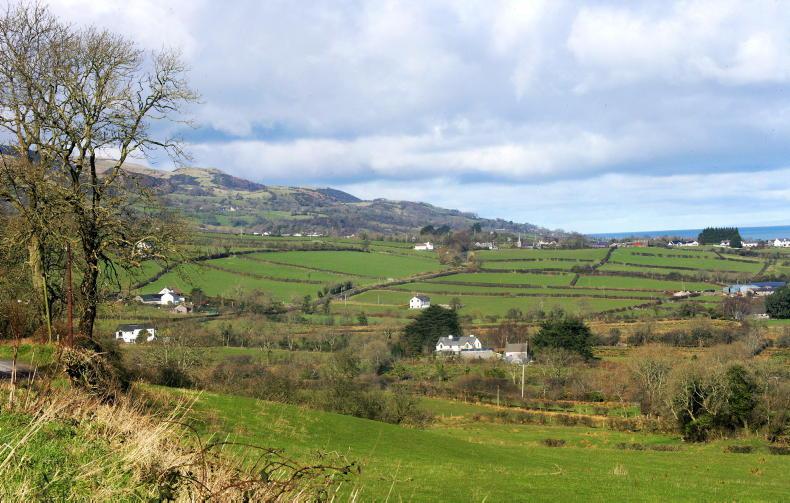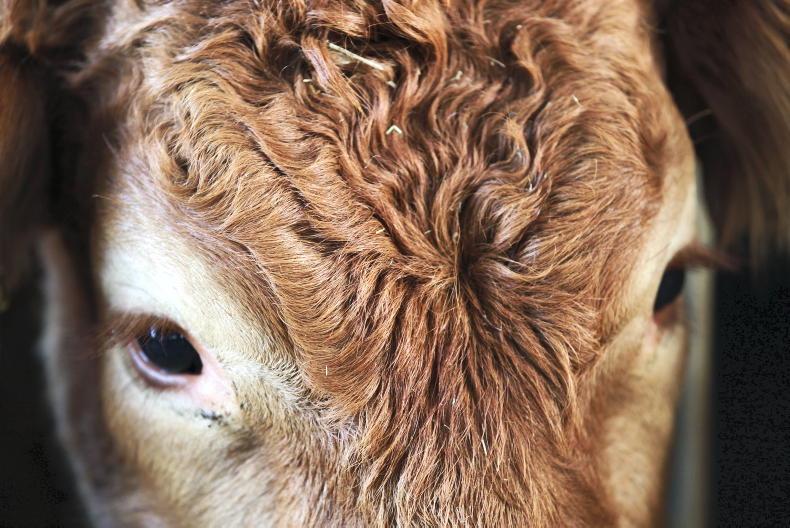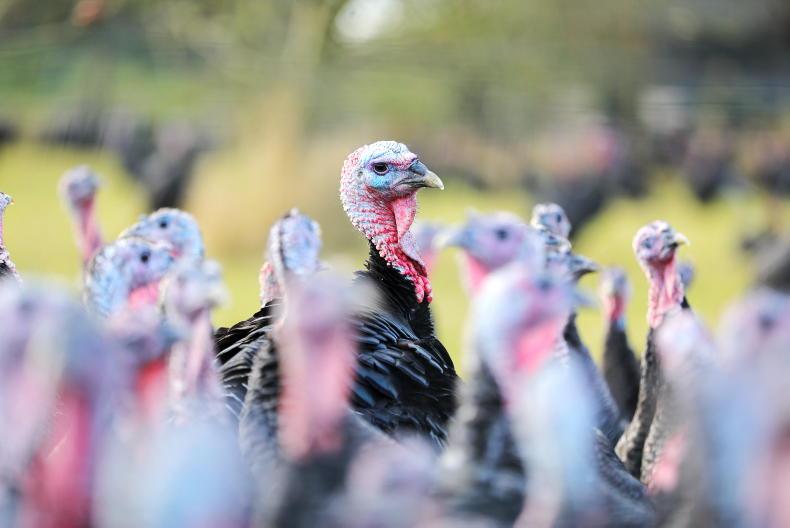Government responds to Trade and Ag Commission
The UK government has finally responded to recommendations on post-Brexit trade policy which were made by the Trade and Agriculture Commission (TAC) in March 2021.
The government has committed to provide more resources in promoting UK food overseas and plans to review public procurement and country of origin information for out of home eating.
The TAC, which includes representatives from all UK farming unions, has also been given a permanent role as an independent body to scrutinise new free trade agreements and provide advice to government.
“One of the key drivers for setting up the TAC in the first place was to find practical ways of safeguarding the high environmental and animal welfare standards of UK farmers,” said NFU president Minette Batters.
“This response needed to move on from warm words to concrete commitments and practical and deliverable measures, which it has failed to do,” she added.
Meat factories criticise UK visa requirement
The requirement for migrant workers to understand the English language before being granted a UK work visa has been described as “a tremendous barrier” by a meat factory representative.
“It’s practically set at A-level standard. These are people who are more skilled with their hands, they are not necessarily that academic,” said Nick Allen from the British Meat Processors’ Association.
“I have had some experts look at these exams and they doubt whether the workers would pass the exam in their own language, never mind in another language,” he maintained.
Speaking to a committee of MPs at Westminster on Tuesday, Allen said meat factories are currently around 15% under-staffed and he was critical of the UK government’s response to ongoing labour shortages.
“It feels like a slap in the face really. We kept the whole nation fed during COVID and now, when we need a bit of help to build back up again, we haven’t got people coming through,” he said.
Poots seeks answers on vet school
Decisions need to be made soon around how and when NI is going to progress a new vet school, Agriculture Minister Edwin Poots has said.
Speaking at the NI dinner of the British Veterinary Association, the Minister outlined his frustration that he is still waiting on an initial report around the proposals.
The work is being taken forward by civil servants in the Strategic Investment Board under the oversight of senior representatives from the University of Ulster and Queen’s University Belfast, and DAERA chief vet, Robert Huey.
“We don’t need reports recognising we have a problem,” said Minister Poots, adding that given NI produces 15% of all UK animal related produce, it is clear we need our own supply of suitably trained vets.
“Get on with it and get to the point of making decisions,” he urged.
First bird flu case in England
The first case of avian influenza during the 2021/22 winter has been found in a wild bird in England.
The H5N1 strain of the disease was confirmed at a wild bird rescue centre in Worcestershire on Tuesday.
All birds on site were humanely culled and a temporary control zone has been put in place around the infected premises to limit the risk of the disease spreading.
“As we move into the higher risk period over winter bird keepers should pay extra attention to the health of their birds,” said UK chief vet Christine Middlemiss.
Fermanagh farms grow most grass in 2021
Farms in Fermanagh recorded the highest grass yields in the Grass Check programme during the 2021 growing season.
The average yield in Fermanagh stood at 12.4 tDM/ha, and it compares to the lowest county average of 10.4 tDM/ha seen in Down.
Growth on the Grass Check plots at Hillsborough and Greenmount during 2021 totalled 10.7 tDM/ha, which is 16% below the long-term average.









SHARING OPTIONS